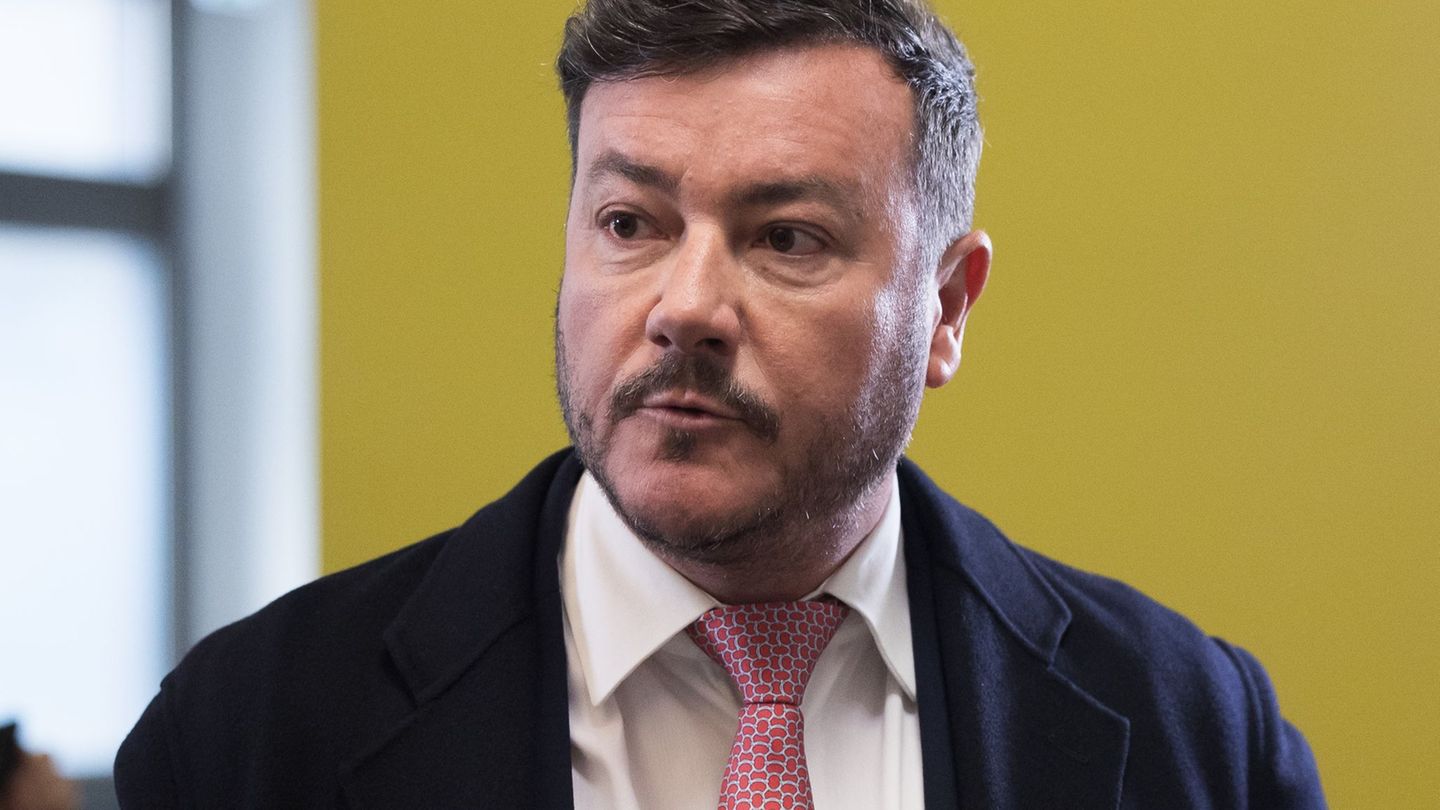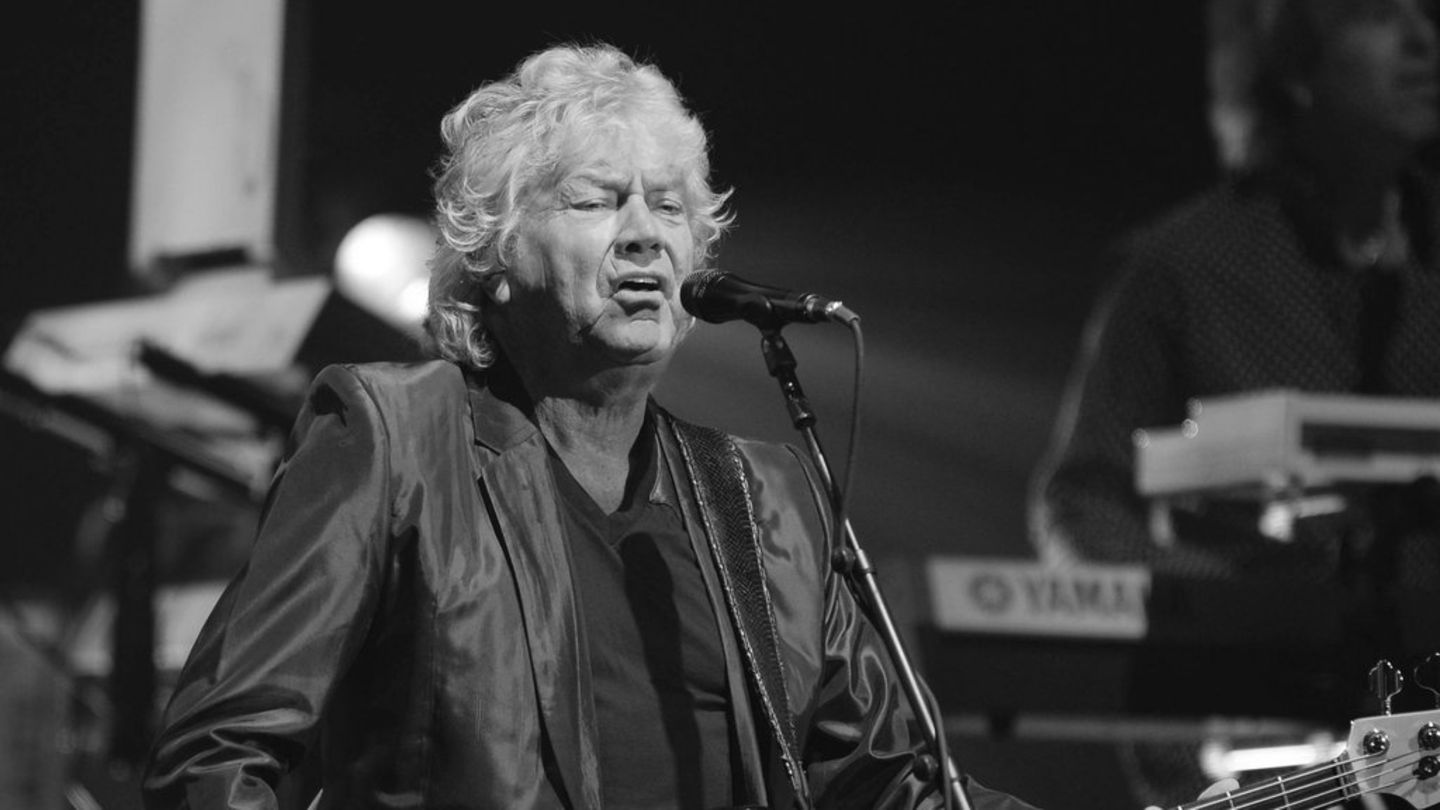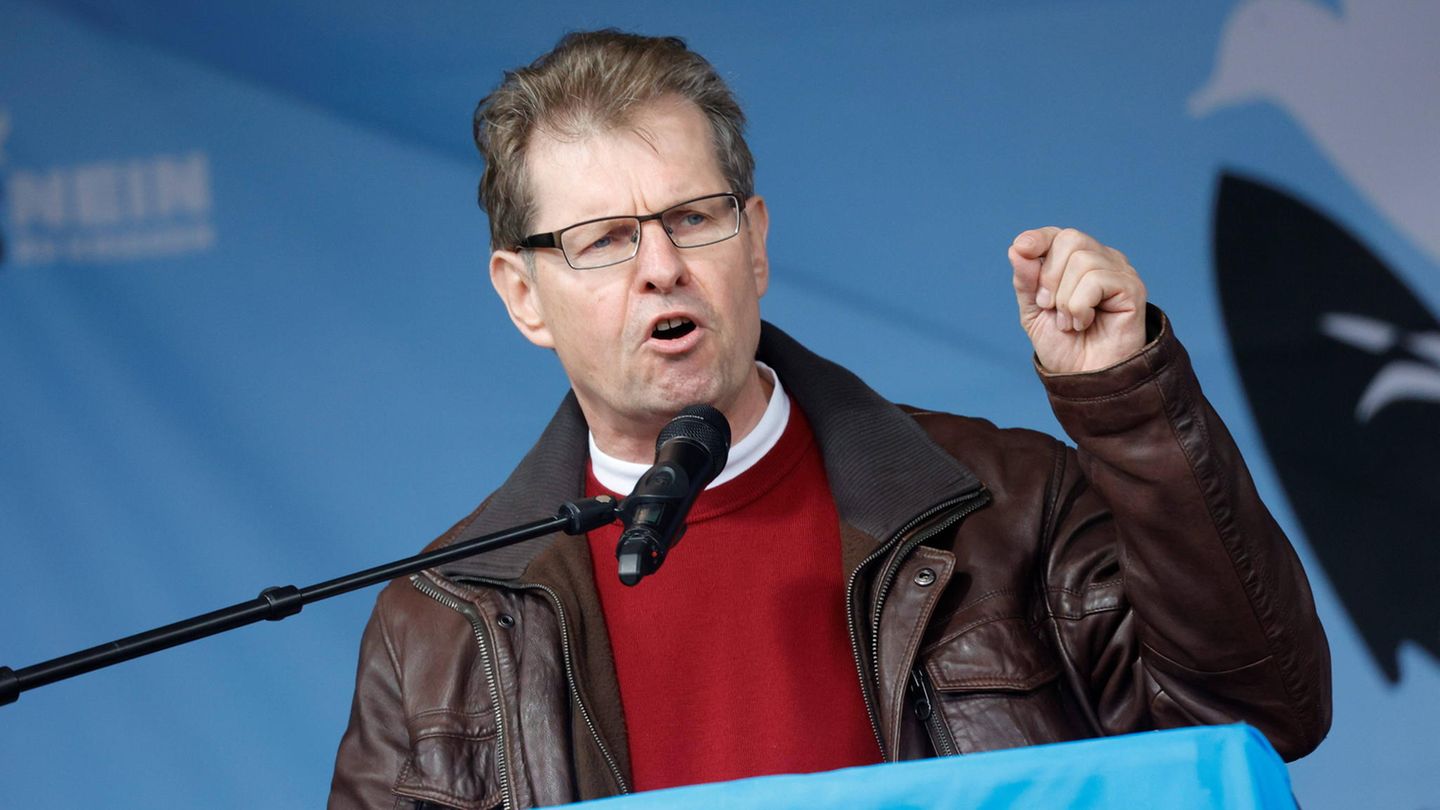I have been working in the news industry for over 6 years, first as a reporter and now as an editor. I have covered politics extensively, and my work has appeared in major newspapers and online news outlets around the world. In addition to my writing, I also contribute regularly to 24 Hours World.
Menu
Ralf Stegner: “Boo” shouts at the peace demonstration
Categories
Most Read
The situation at a glance: Trump wants to give a speech to the Israeli parliament
October 11, 2025
No Comments
Award: Trump: Nobel Peace Prize winner called me
October 11, 2025
No Comments
Gaza conflict: Trump announces speech to Israeli parliament
October 10, 2025
No Comments
Citizens’ benefit reform: Fahimi warns against a “completely wrong focus” on social cuts
October 10, 2025
No Comments
Government crisis: Macron reappoints Lecornu as prime minister
October 10, 2025
No Comments
Latest Posts

Real estate: Lawyer for the Republic suspects Benko’s assets are in foundations
October 11, 2025
No Comments
AngelicaI am an author and journalist who has written for 24 Hours World. I specialize in covering the economy and write about topics such as

Michelle Trachtenberg would have been 40: The tragic death of the “Buffy” star
October 11, 2025
No Comments
Lisa HarrisI am an author and journalist who has worked in the entertainment industry for over a decade. I currently work as a news editor

John Lodge: The Moody Blues star has died
October 11, 2025
No Comments
Lisa HarrisI am an author and journalist who has worked in the entertainment industry for over a decade. I currently work as a news editor
24 Hours Worlds is a comprehensive source of instant world current affairs, offering up-to-the-minute coverage of breaking news and events from around the globe. With a team of experienced journalists and experts on hand 24/7.

